Everyone has heard pornography called an addiction, but not everyone understands what that means. It’s not like a substance addiction, where you start to feel physical effects. It’s not like a sugar addiction, where you get sudden and strong cravings. Instead, porn addiction is constantly there, endlessly reminding you of what you have access to if you just type a few words into your phone or computer. The only way to prevent the addiction is to distract yourself with something else, and the longer this goes on, the less effective it gets.
I first experienced porn online when I was twelve years old. It is ridiculously easy to find access to this kind of content, even just on Google. This leaves younger people vulnerable, like me, who was too young to properly control myself and my newly developing urges. As my addiction developed and solidified, I got better at circumventing things, and I got better at trivializing the seriousness of what I was seeing. I got good at hiding it, because hiding it was even more important to me than the addiction itself. Even worse, the things that happened in porn became normalized in my brain, warping reality.
For three years, I battled this addiction alone. Not a single person in the world knew about it except for me. But that, as it turns out, was the problem. I couldn’t fight it alone, because there was always a sneaky part of me that could talk me into returning, even when I tried to force myself to stay vigilant. It wasn’t until shortly after my fifteenth birthday that I decided enough was enough. So, after weeks of working up the courage, I told my parents about it.
They deliberated, and after a bit of research, they discovered Covenant Eyes. The most important thing about Covenant Eyes is the supervision software. Blocking websites can be circumvented, but the knowledge that you are being watched is completely different. I was aware that my parents now knew about my addiction, but for them to see what I had been looking up was a whole different ball game. The voices in my head quickly realized that there were no ways to circumvent the software, and without anything to feed the addiction, it faded.
I have now been porn-free for four years, and I couldn’t be happier about it. In hindsight, the thing that helps more than anything else is talking to others. You can try everything to fight it on your own, but if there’s nobody to talk to about your problem—nobody you can go to for help—you’ll never beat it. Just like any other addiction, you need someone to hold you accountable—someone to pick you up and point you in the right direction when you fall down.
Overcoming a pornography addiction requires compassion, understanding, and a willingness to seek help. Covenant Eyes kickstarted my journey toward recovery, providing the tools and support to help me break free from my addiction. Creating an environment of transparency and accountability helped me reclaim control over my life and forge a new path filled with healthier habits and a renewed sense of self-worth.
If you are battling a pornography addiction, I ask you to consider reaching out to trusted individuals in your life, whether it be family, friends, or a mental health professional. Pornography is an addiction and it’s a common one. After all, nobody is perfect; everyone is going to mess up, and everyone needs help. Just know that together, you can find solace, support, and the resources to free you from your addiction.

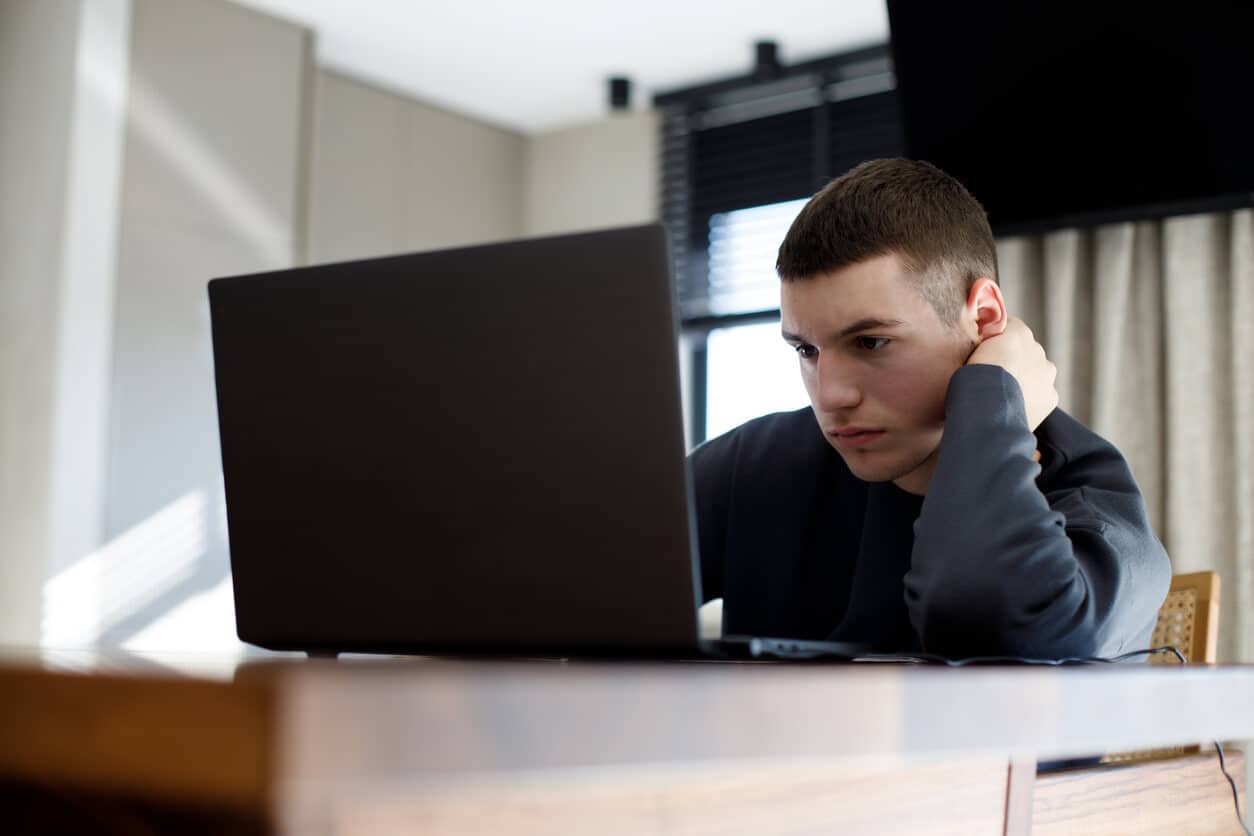
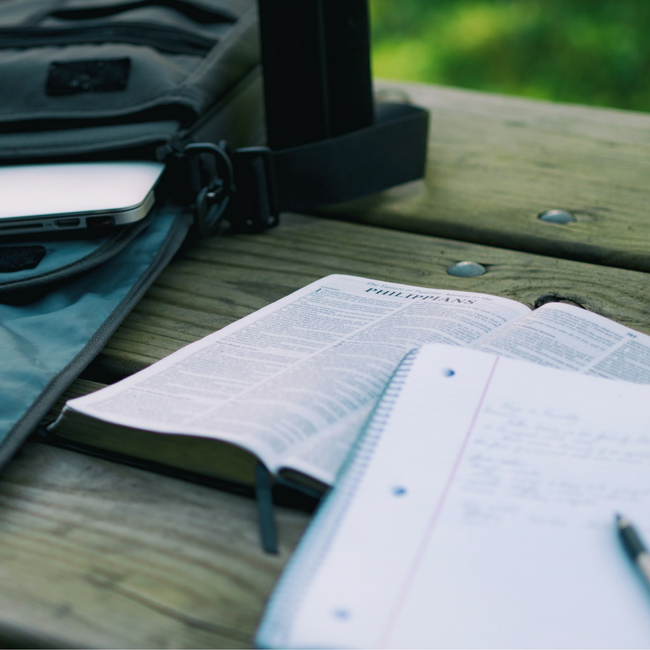
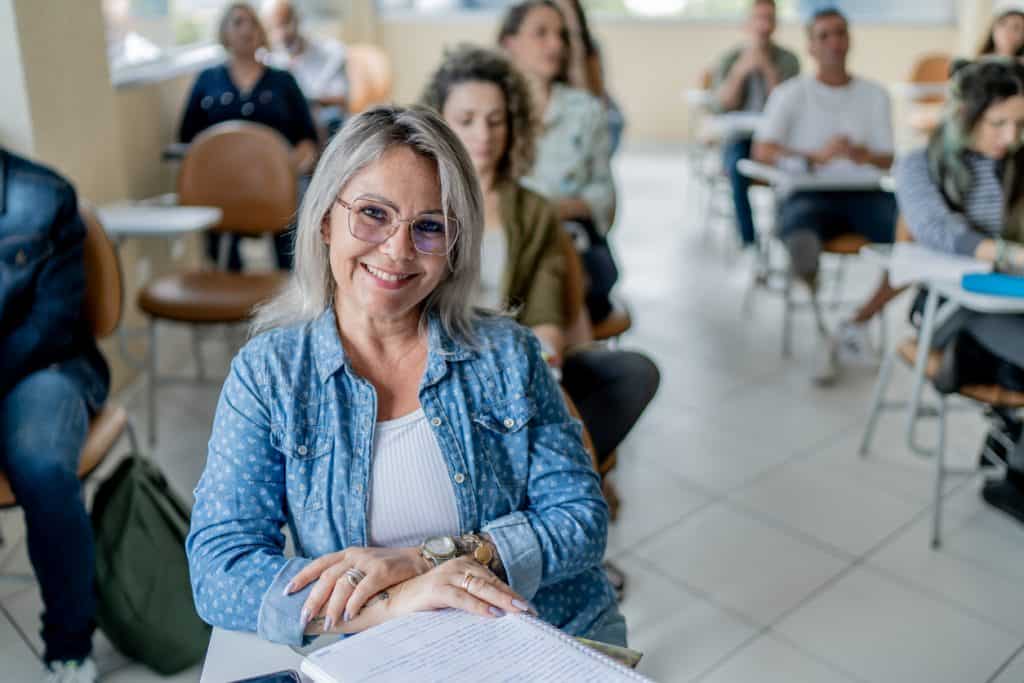
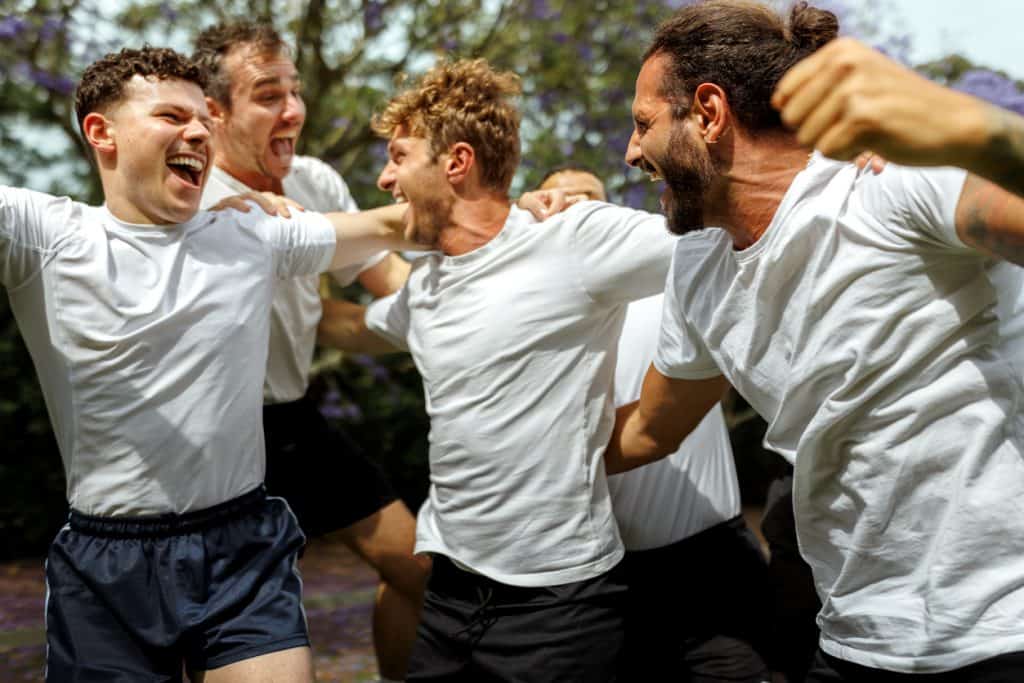
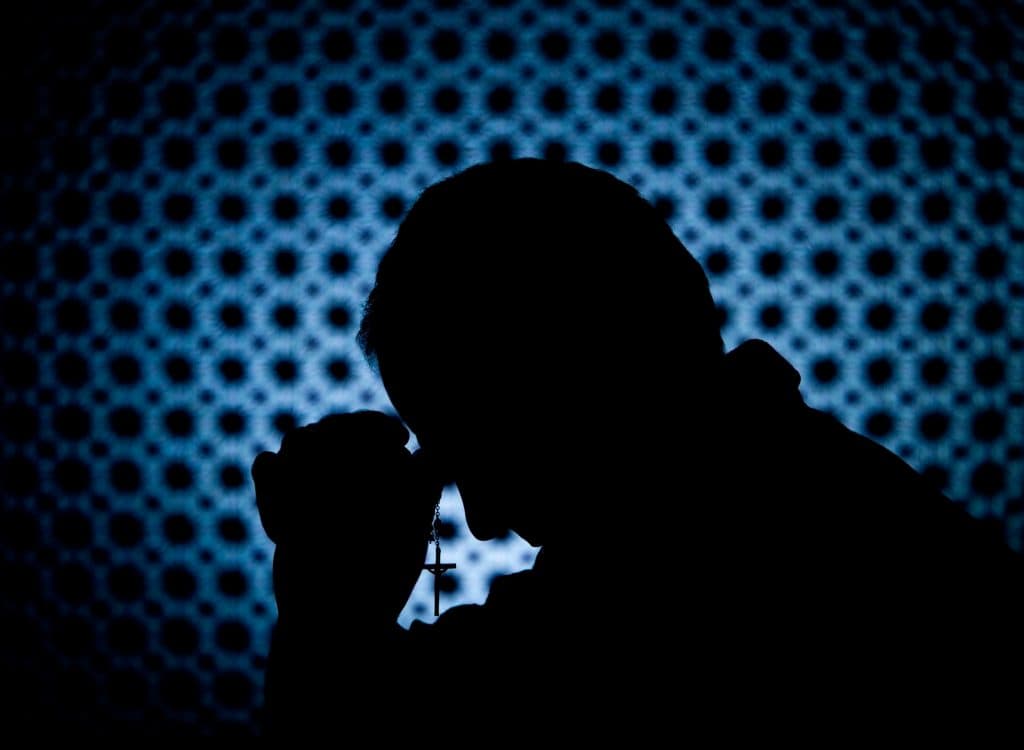




0 comments.